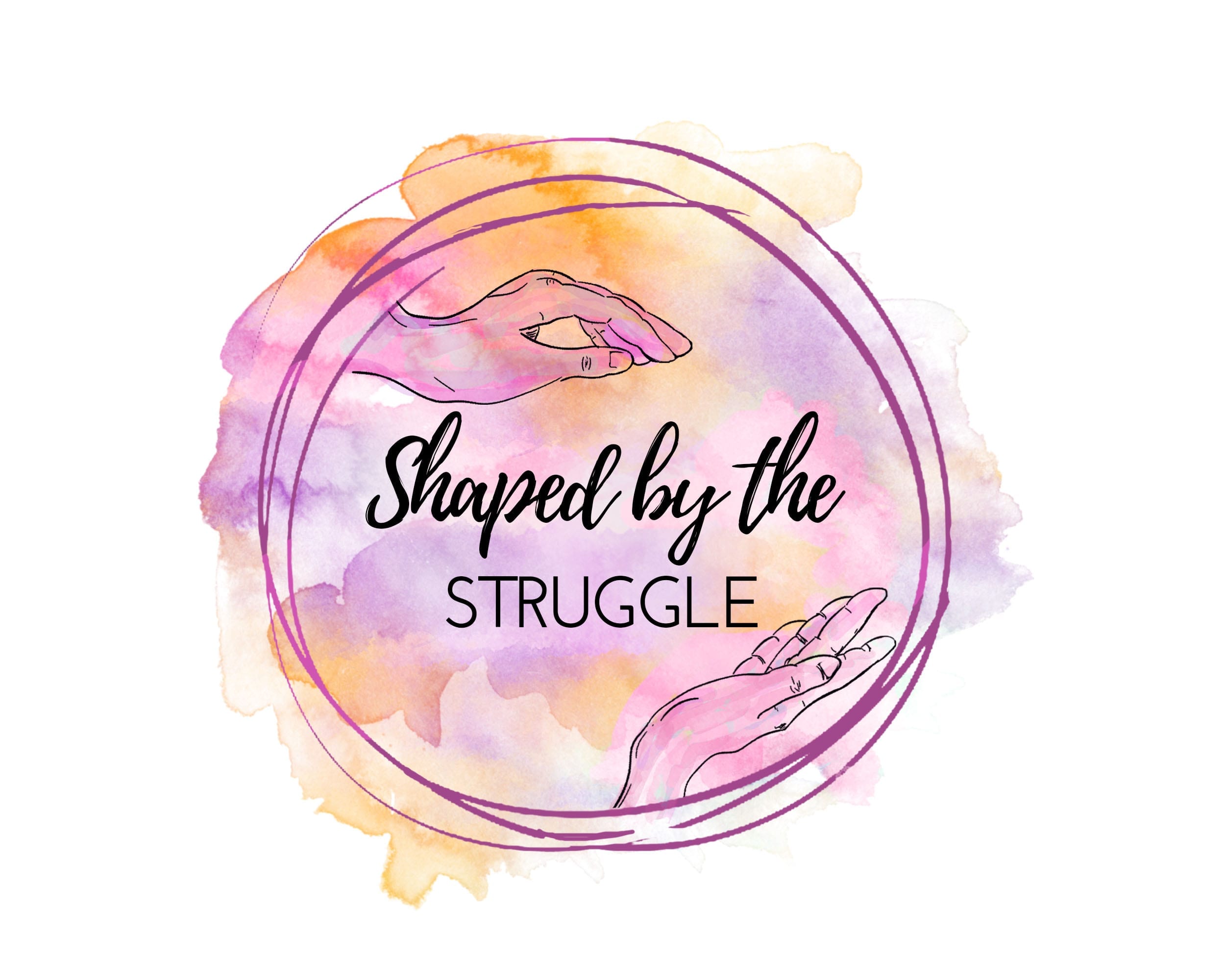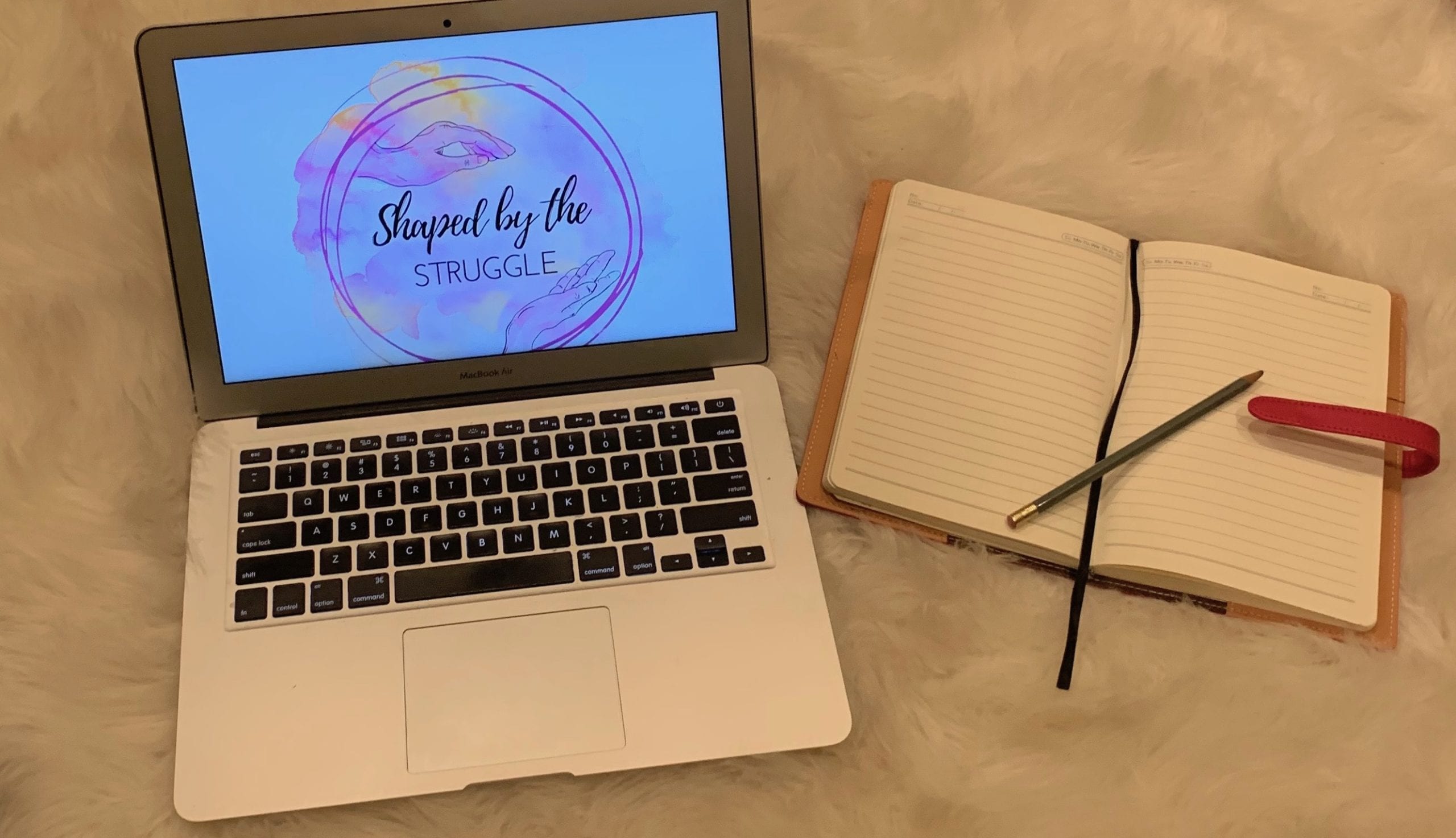Struggle Strategizer: You
These words may turn heads. This blog isn’t meant to offend, it’s meant to cultivate conversation and questions societal norms. This insight is a small blurb on what we claim ownership of as humans. The purpose of this blog is not to pigeonhole you into reducing the words my or mine from your vocabulary, you’ll understand why in a minute. These few pages are meant to encourage you to choose these words carefully and recognize if they are negatively impacting you physically, mentally, and/or emotionally.
You might be thinking what are you talking about? I own a car, a house, clothes, a gym membership. See, we own many things, but should we take ownership of our struggles? To really assess the concept of “Owning struggles” we have to assess our identity in Christ and the promises of God.
Who You Are as God’s Child:
- Adopted (Ephesians 1:3-14).
- Redeemed (Ephesians 1:3-14).
- Forgiven (Ephesians 1:3-14, Psalm 103:11-12, 1 John 1:9).
- Pure (Ephesians 1:3-14).
- Blameless (Ephesians 1:3-14).
- Victorious (1 John 5:4, 1 Corinthians 15:55-57).
Promises God Makes to His Children:
1. God promises to be a shoulder you can cast your cares on (1 peter 5:7).
2. God promises to take the weariness and burdens you feel and carry it as his own (Matthew 11:28-30).
3. God promises to dwell in us (1 Corinthians 6:19-20).
Your body is a temple of the holy spirit, meaning the spirit lives inside of you. This reality means you are not your own. The pains, joys, struggles, and successes you feel in your body are also hisbecause he lives inside of you and empathizes with you. He says “Come to Me, all you who are weary and burdened, and I will give you rest.Take My yoke upon you and learn from Me; for I am gentle and humble in heart, and you will find rest for your souls. For My yoke is easy and My burden is light.” (Matthew 11:28-30).
You can feel the pain, weariness, burdens, diagnoses, and uncertainties of this life without owning them. What we claim ownership of reveals what we put our trust in and what holds us back. He tells us to take his yoke upon us. We are still going to have burdens, but he will carry the weight of them. We carry his yoke, but it’s not ours. His yoke is easy and his burden is light (Matthew 11:28-30).
Now, claiming ownership over your mental, emotional, and physical health is a choice. You’re not a “bad” person or Christian if you choose to say my pain or my diagnosis over this pain I’m experiencing or this diagnosis I’m fighting. Although, if saying “My disability” or “My fear” instead of “The disability I live with” or “The fear I experience” impacts your sense of identity than it’s going to impact how you answer God’s calling on your life.
If you feel uneasy about this new perspective, please don’t exit out.Take a few more minutes to reflect on this life changing truth.
When talk about your mental health do you say “my anxiety, or my depression?”
When God says be anxious for nothing, (Philippians 4:6-8), but you feel anxious, there’s nothing to be condemned about. You lean into him, you go to counseling, you take medication, and whatever practical steps you need to. However, experiencing anxiety doesn’t make you an “anxious person” it makes you a child of God who experiences anxiety.
When you talk about your physical health do you say “my diagnosis or my disorder?”
It’s ok to claim this reality in your life as “your disorder”, as long as you remember you are not a disorder. You are a child of God that experiences a physical struggle.
When you talk about your emotional health do you say “my joy or my sadness?”
It’s ok to express joy, as long as you remember the joy of the Lord is your strength, not your own joy (Nehemiah 8:10). It’s ok to express sadness, as long as you remember the Lord mourns with those who mourn (Romans 8:17-18).
So, the pain you experience is also his pain because we experience suffering, and God himself experienced suffering. We share in his glory and we share in his suffering. It’s ok to claim your feelings, as long as you remember this expression doesn’t automatically make you “dramatic, fake, or overly emotional.” This expression makes you a child of God who’s expressing how he or she feels.
When God promises you something you not only inherit that promise, but you can assume that identity. In order to capture that promise we have to:
–Be willing to take hold of it.
-Take practical action steps (Ask the Lord, Godly counsel, and professionals for help).
Here’s the thing, this isn’t a lesson in nouns it’s a reminder that words matter. What we claim ownership of impacts us in all our entirety. From the hope we possess, to the identity we hold, words are the starting point. What and how we claim ownership of something is the trigger that decides what kind of life we live. The reality is who we are in Christ does not change, but the claims we make will change what we live for.
Never Give Up,
Sondra



What do you think Struggle Strategizers?
Love you
Love you forever
so thankful for this reminder ??
I’m so glad!There is always something to be grateful for!
This is such an important reminder! Thank you for sharing these truths
I think it is awesome and so important that you mentioned above “you are not your disorder” because I feel there are so many times when diagnosis is made that many people, including myself, get wrapped up in and in sense feel their disorder becomes apart of their identity. I always like to say “it is most important to treat the symptoms, instead of using the term disorder because I feel there can be such a large stigma attached to the word. Also when you say “experiencing anxiety doesn’t make you an “anxious person” it makes you a child of God who experiences anxiety”, was relatable as in the past I described myself as an “anxious person”, where it is not entirely black and white figuratively speaking, but I am indeed a child of God who experiences and who has experienced anxiety.